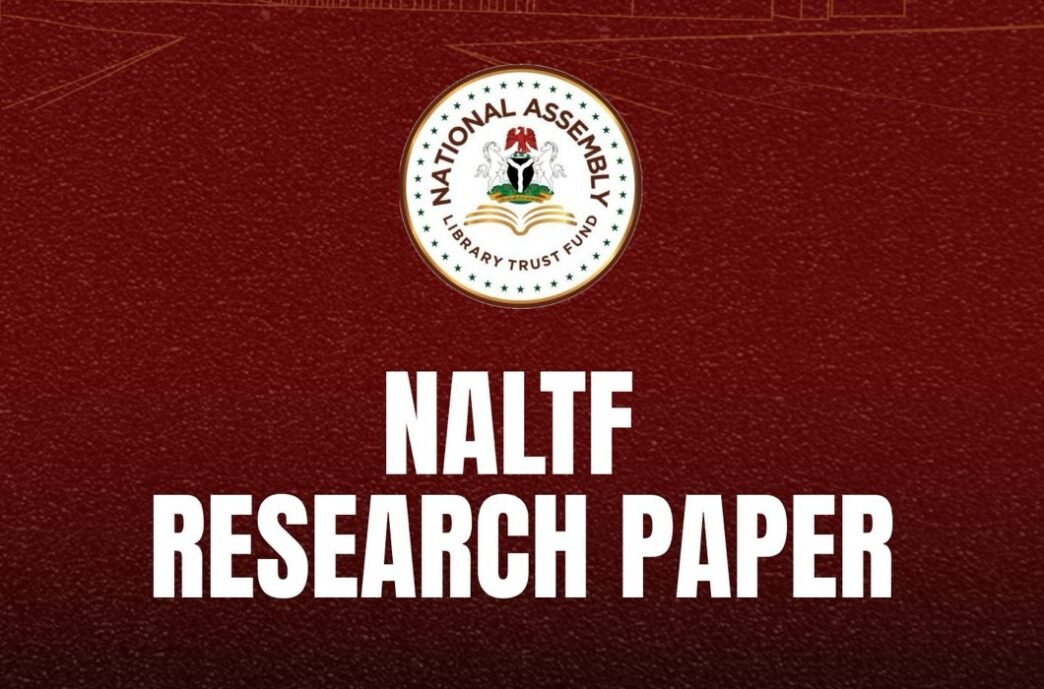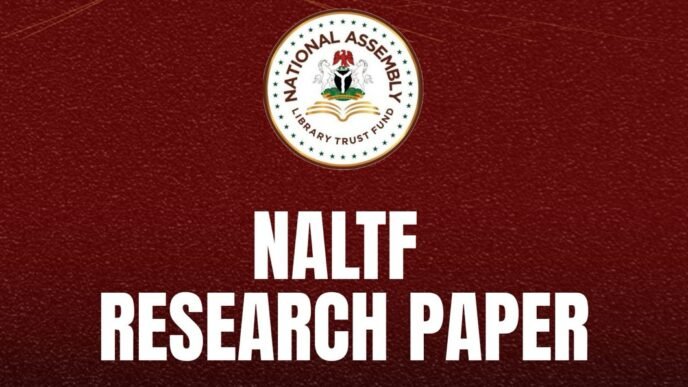Malaria is a significant global public health burden with more than a million deaths reported every year, and large proportions of these come from Nigeria. Although significant strides have been made toward eradicating Malaria, challenges associated with implementing vaccines may hinder their efficacy. This review aims to discuss Malaria in Nigeria, the R21 malaria vaccine, anticipated challenges, and potential solutions. Studies published within the last five years using keyword searches indicated a 50% reduction in malaria mortality by 2023 in Nigeria. Major bottlenecks include the increasing wave of hesitancy caused by misinformation, funding constraints, logistical bottlenecks, inadequacies in the cold chain infrastructure, and staff shortages, among others, which were immediately identified as challenges for the implementers when WHO announced the RTS, S and R21/Matrix-M vaccines. Government leadership, supported by strong multisector collaboration and backed by improvements in healthcare infrastructure and community engagement, is a viable solution. The barriers must be addressed for the successful integration of malaria vaccination into Nigeria’s immunisation program.


Add a comment
